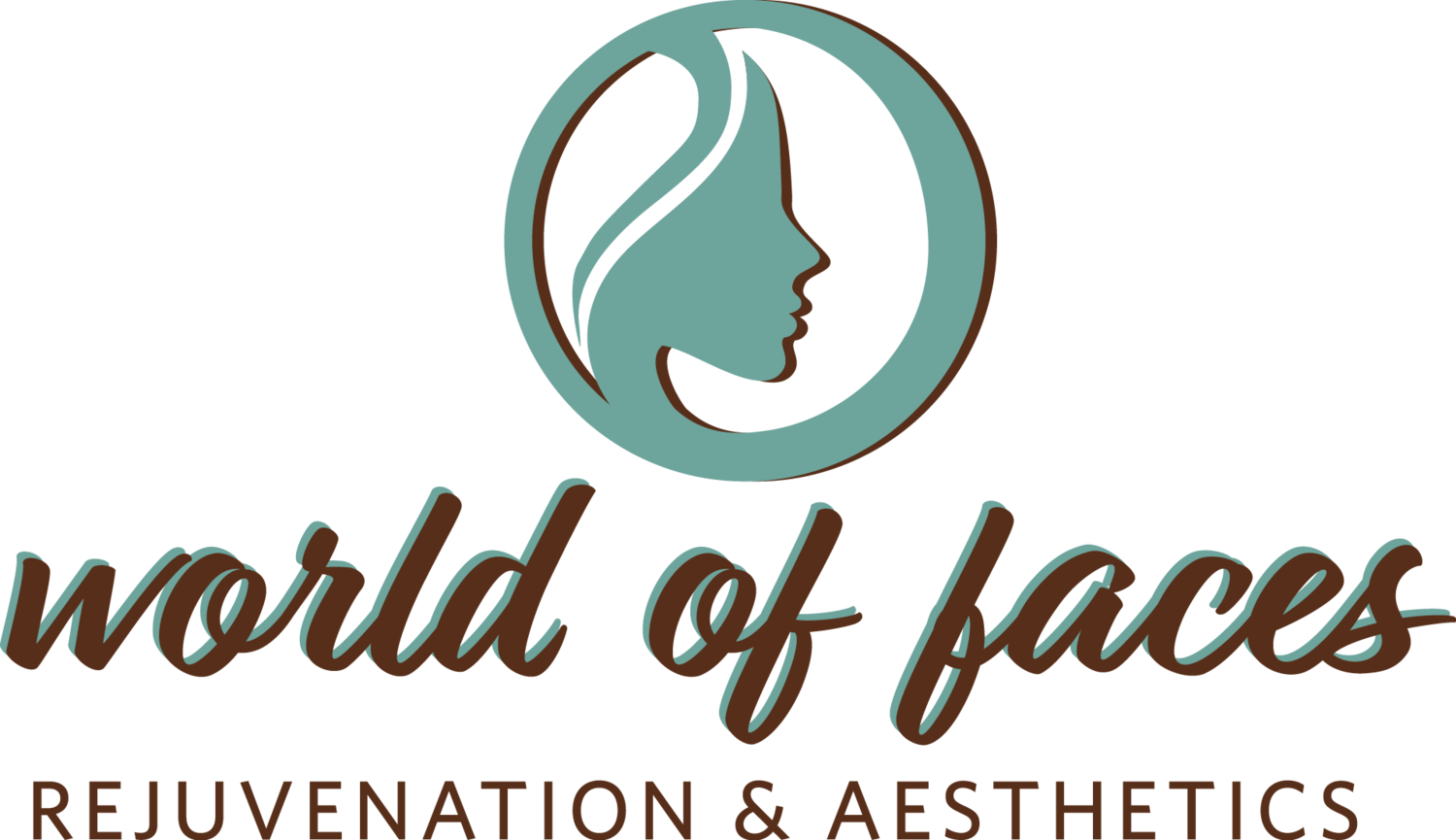Eat Your Way To Healthy Skin
Your skin plays a pivotal role in how you look and feel. The purpose of your skin, which is the largest organ in your body, is to maintain an important barrier between your internal organs and your environment. Your skin keeps pathogens and other toxins out of your body. Multiple factors such as your genetics, hygiene and other lifestyle habits, contribute to the health of your skin. To keep your skin looking, feeling and working properly, you need to feed it well from the inside.
Healthy Fats
Fats such as monounsaturated and polyunsaturated, are important components in any diet and contributing to making your skin “glow”. Your skin uses fat to form a waterproof barrier and too little of it in your diet can actually be detrimental, making your skin dry and wrinkly. Essential fatty acids like omega-6 promotes healthy skin growth and can be found in foods such as nuts, seeds, avocados and fish. Omega-3 fatty acids are a type of polyunsaturated fat, your body doesn’t make this but needs it to build cell walls. These fats also block chemical causing cancer cells and helps with lowering inflammation. If you have skin and hair problems, this could be the result of an omega-3 deficiency and perhaps you’ll need to supplement your diet with these fats.
Protein
Your body converts the proteins you eat into essential building blocks called amino acids and reuses them to make other proteins, including collagen and keratin which forms the structure of your skin. Amino acids also help replenish the skin by removing dead skin cells. Some amino acids even have antioxidant properties which protect skin cells against UV rays and from “free radicals” which are made when your body breaks down certain foods.
Minerals
Minerals such as zinc and selenium are vital to the health of your skin. Zinc is needed to keep cell walls stable and for cells to divide as they grow. Zinc may protect skin from UV damage because of the way it behaves in relation to other metals in your body, like iron and copper. It also acts as an antioxidant. Normal zinc levels help support healthy skin cell rejuvenation, while zinc deficiency can cause abnormal skin pigmentation, leading to skin lesions which might put you at risk of dermatitis. A deficiency also causes hair loss and stunts nail growth. It is advised that men need 11 milligrams of zinc daily, while women require 8 milligrams. Selenium deficiency is known to slow hair growth, leading to hair loss and prevents normal skin cell development. It is advised that your diet should include 55 milligrams of selenium daily.
Vitamins
Vitamin E - Is an antioxidant and anti-inflammatory and is known to aid in the absorption of UV light, which damages the skin and promotes wrinkles, ageing, and skin cancer. It works with vitamin C to strengthen cell walls.
Vitamin C - Also known as ascorbic acid maintains skin health by promoting the production of collagen. It's also a powerful antioxidant, protecting you from free radicals and lowering your chance of skin cancer. Low levels of vitamin C can cause easy bruising and bleeding gums, as well as slower-healing sores. It is recommended that men consume 90 milligrams of vitamin C, while women should ingest 75 milligrams each day.
Vitamin D - It controls the growth and development of cells in the deep layers of your skin and protects your skin from the sun's harmful rays. As a result, low vitamin D levels leave you more vulnerable to sun damage, negatively affecting the health of your skin.
Vitamin A - Both the upper and lower layers of your skin require vitamin A. It prevents sun damage by interrupting the process that breaks down collagen. As it's an antioxidant, it may give your skin some protection against sunburn. It helps the oil glands around your hair follicles work and in son doing helps cuts and scrapes heal. Without enough vitamin A, your skin might get dry and itchy or bumpy.
Foods as Supplements
In general, fruits and vegetables are good choices because they have skin-friendly vitamins and other antioxidants.
Some foods pack more than one nutrient for your skin, which often helps them work better:
Extra virgin olive oil: contains vitamin E, antioxidants and high in monounsaturated fats
Legumes: contains antioxidants, protein, zinc
Avocados: high in monounsaturated fats, vitamins C and E
Flaxseeds: high in antioxidants, omega-3, and selenium helping with the tightening of the skin
Eggs: protein, vitamins A and E, selenium, zinc
Fatty fish (salmon, sardines, tuna): protein, omega-3s, selenium
Leafy dark greens (kale, spinach, collards): vitamins A, C, and E; omega-3, protein -- plus selenium in spinach
Last words
It’s no secret that how we nourish our bodies affects our skin. The key is to maintain a well-balanced diet to prevent nutrient deficiencies that may affect your skin. Vitamins and minerals are essential to cell rejuvenation and collagen production. Consuming healthy fats helps our skin fight the ageing process. To love the skin you’re in your mind and body need nourishment first. Taking in healthy foods is surely a measure of self-care and will reflect in the natural glow of healthy skin.



